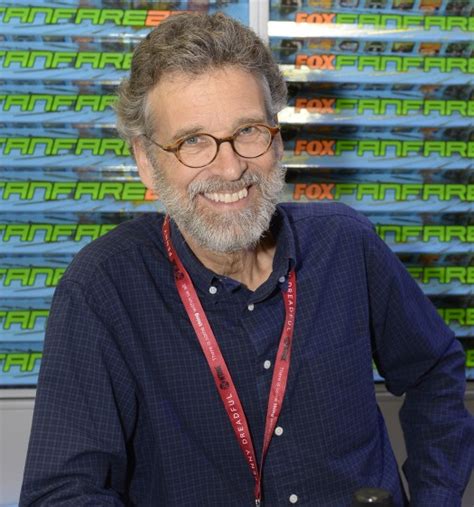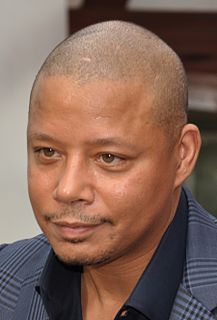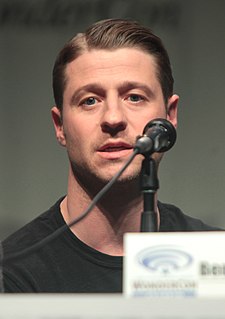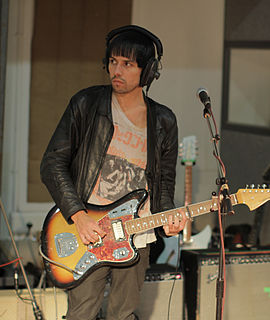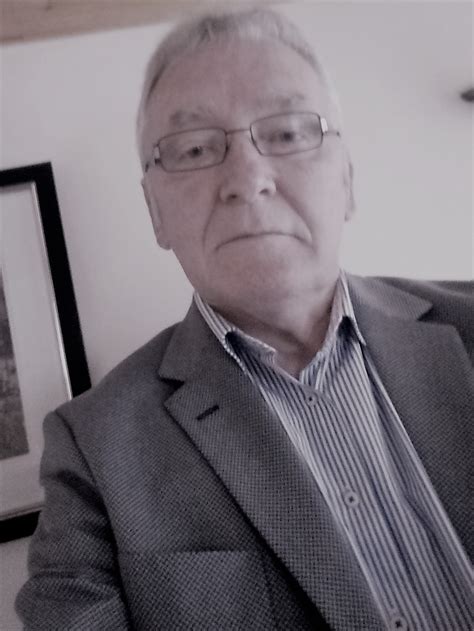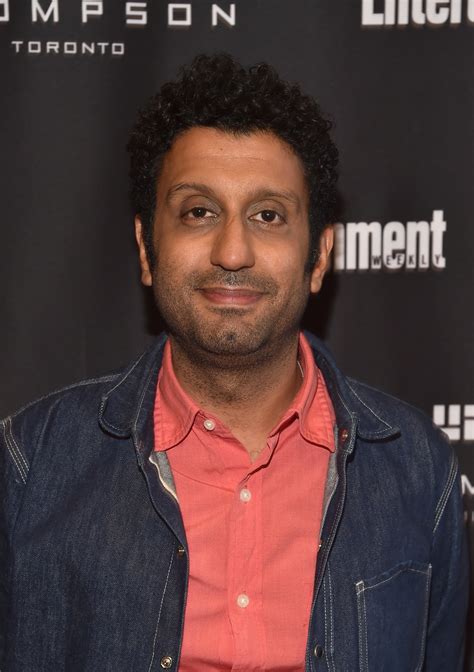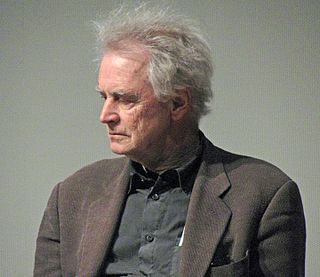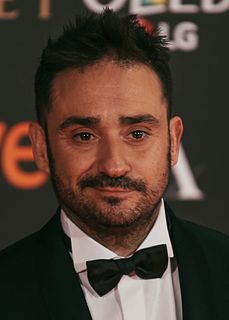A Quote by Stephen Nathan
There's really no way of ever knowing how the audience is going to respond to any episode or change.
Related Quotes
I think what people watch television for is the emotional continuity, from episode to episode, and feeling that the experience that they had, four episodes ago, has actually been building to an episode that comes later, and knowing that the characters are growing, as a result of that, and making mistakes, is really, really important to the way people connect to television.
To paraphrase the philosopher Nietzsche, he who has a strong enough why can bear almost any how. I've found that 20 percent of any change is knowing how; but 80 percent is knowing why. If we gather a set of strong enough reasons to change, we can change in a minute something we've failed to change for years.
It's really wonderful to come to work and have each episode be different, in a way. They have similar structure sometimes with the villain, but we can go in any direction we want. If we want to do an episode set in the circus, we can do that. You know how precious that is. That doesn't come around a lot.
It's good to be aware that a certain amount of fear is going to accompany every change in your life - a change for the worse or a change for the better. Knowing this can stop you from moving into fear about Change Itself. If you start fearing change generically you could wind up shrinking from ever making any kind of change at all for the rest of your day - even a change that obviously should be made for your own good.
I think that knowing where you're going is important, and it's not like, when Robert says that, it's not like we know what every episode of the next five, four, five, six seasons of the show is going to be. I think Matt Weiner knew how Mad Men was going to end. Vince Gilligan knew how Breaking Bad was going to end. Marc Cherry knew how Desperate Housewives was going to end. Along the way, the process of crafting those stories ... You don't know what the road, what twists and turns that road is going to take to ultimately get you there.
If you create something that is asking for people to respond as they're going to respond, you have to allow them to respond as they're going to respond. Some of the people are going to be uninterested and some people are going to be mad for some reason, which is their business. That's just the way the world is.
People say that you can't change people's minds with a movie or book, but how do they get formed in the first place? They get formed by what we see and read. In a certain way, movies are ahead of their times. People make them and don't really know if the audience will respond to them. Once in a while, they do.
I think one of my favorite pieces I've ever done on the show which was about Hezbollah Israel conflict in 2006 and it was very pointed. It was a beautifully crafted piece of satire and it's a weird thing to say but it had a joke in there about 9/11 and I remember the audience sort of laughing but also kind of not knowing how to respond to that joke and it was just so - and I remember the tension after we did this joke on the air and there was this palpable gasp in the audience, but they were also laughing. And I thought oh, wow, that is something that is not being said in the Zeitgeist.
